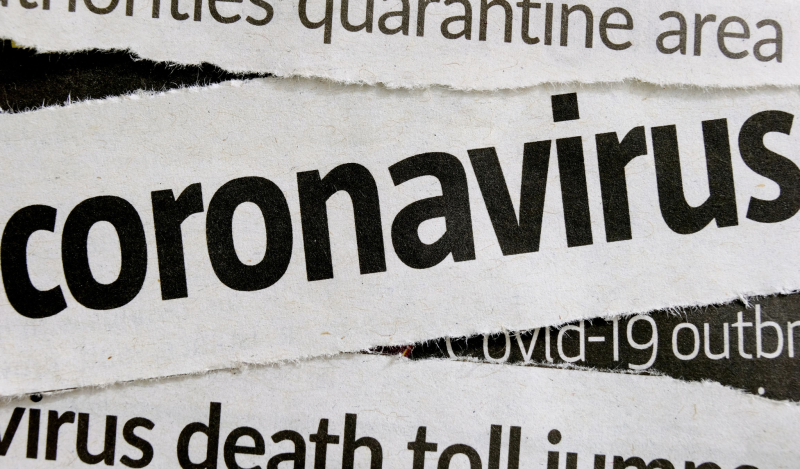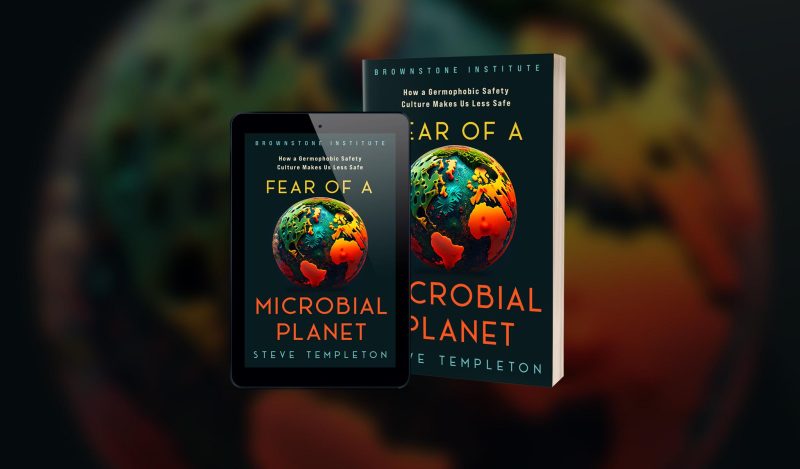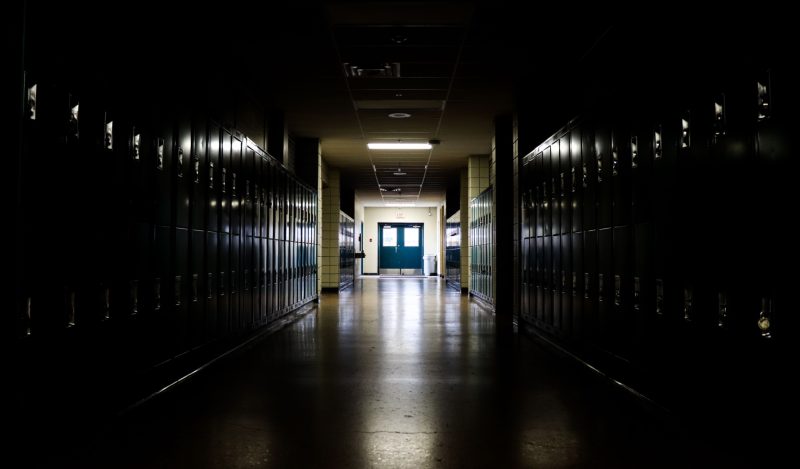The media, both traditional and social media, had an outsized role during the pandemic in pushing the US government’s Covid response and defending the resulting coercive measures, including lockdowns, school closures, mask and vaccine mandates, while ignoring collateral damage and treating skeptics of these measures as having bad motivations. Their result was a one-sided, often factually misleading or unsubstantiated narrative on important issues concerning science, economics, and health, for the better part of two years.
This has had a chilling effect on information flows and journalism, and it dramatically distorted public understanding in many areas from science to health to economics to the proper role of media in a free society. A consequence of this shift in the ethos of the media, trust has declined dramatically to only 16% of the total population with trust in papers and only 11% with trust in TV, with partisan differences in the way people answer pollsters.
In addition, cancellation and censorship have been institutionalized in legacy media culture in a way that has been injurious to the free exchange of ideas as well and public health messaging in general. This culminated in the creation (and almost immediate dissolution) of a Disinformation Board at the Department of Homeland Security, but the problem began much earlier and continues to this day. And yet even as of this writing, many attempts to share science-based articles on Facebook are met with discouraging warnings, while users of Twitter and LinkedIn are threatened with account deletion.
Many crucial questions remain about precisely how this happened and is still happening. These are in need of investigation. Among the questions: To what extent did the media cooperate with the government in the effort to drive one narrative and suppress competing ones? Were there sociological reasons? Financial? Was it purely a case of the free press acquiescing to government control or imagining themselves to be part of the regime, in which case what has become of the First Amendment? Is it right that legacy media alone should be the arbiter of science and admissible opinion?
This report reviews the main issues that require investigation, cites examples of the bias and censorship, presents a timeline of pro-lockdown media coverage, and suggests an agenda for more extensive investigation. The authors hope this report can serve as a useful guide for a deeper look into this unprecedented use of media power to shape the pandemic response.
Articles-of-Inquiry-The-Role-of-Media
Published under a Creative Commons Attribution 4.0 International License
For reprints, please set the canonical link back to the original Brownstone Institute Article and Author.











